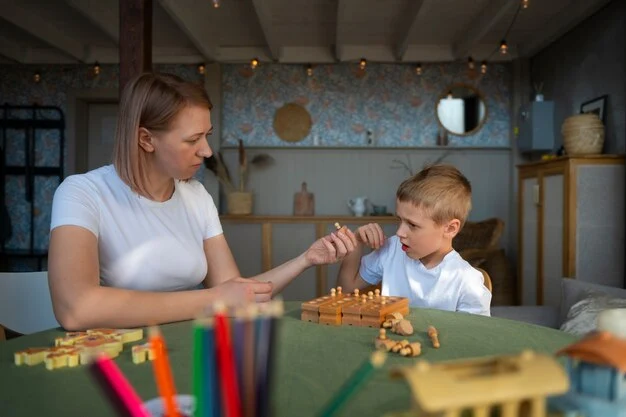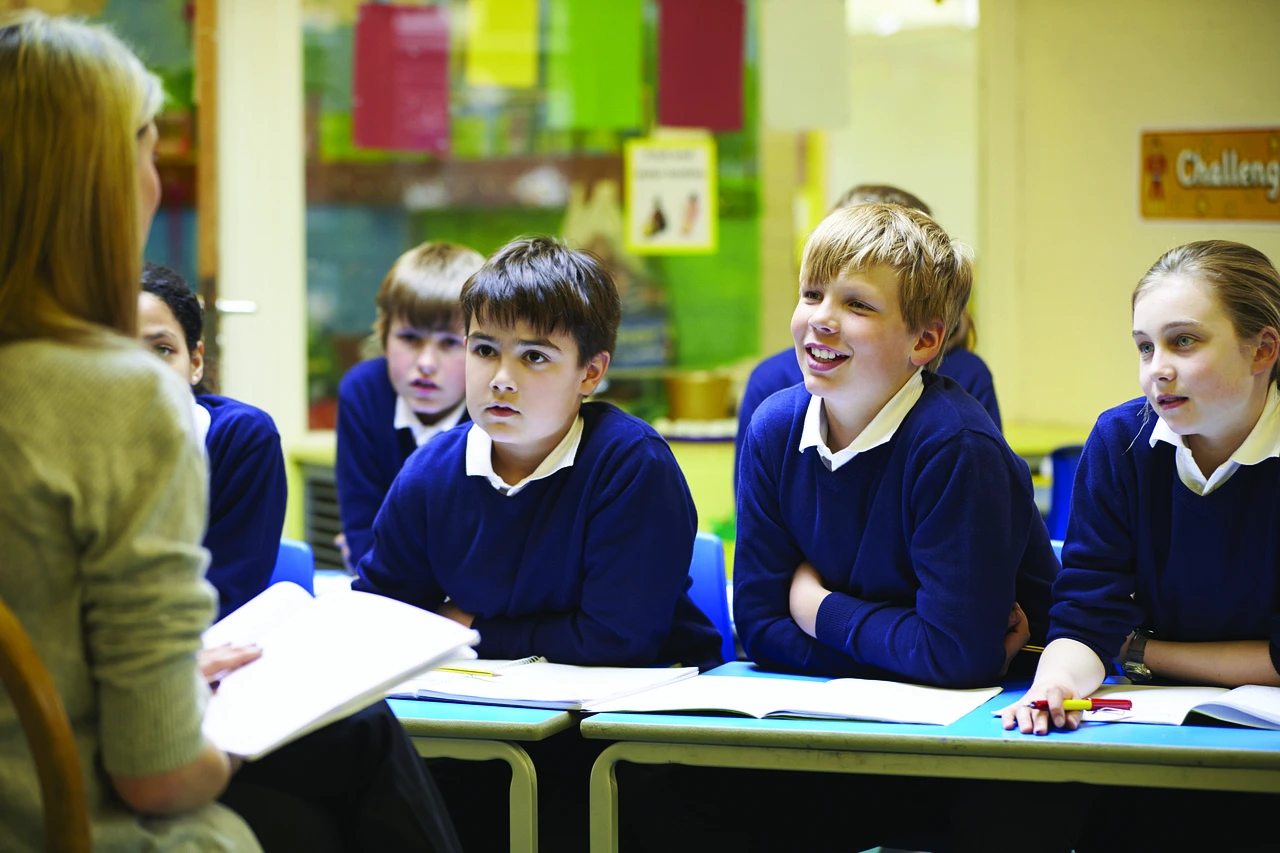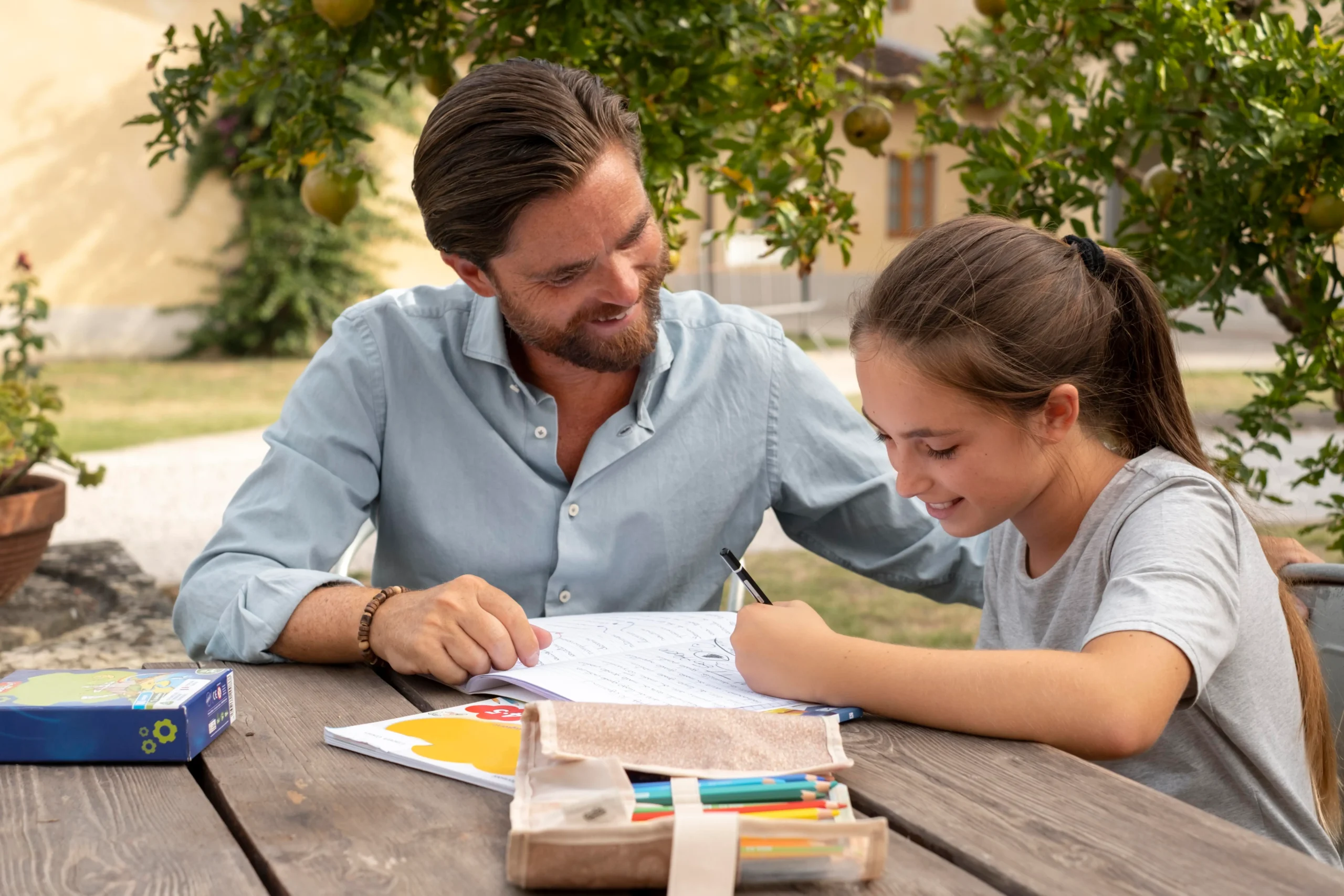When our son was young, most of the conversations we had with teachers and specialists focused on academics—letters, numbers, colors, shapes, and early reading skills. And yes, those things mattered. But as a parent—and as an educator—I quickly realized something else was just as important: life skills.
While knowing how to identify colors or write a name is valuable, what truly shapes independence are the skills that help a child navigate the world confidently and safely.
Our Story
For us, independence began with some of the most challenging experiences.
Our son’s FPIES diagnosis meant we had to teach him—very early on—that food wasn’t just food. It could be dangerous. He learned to ask questions, to be cautious, and to advocate for himself in ways most children don’t have to at that age.
Then came toileting. Like many children with special needs, it didn’t come easily, and it became one of the goals in his IEP. Progress was slow, but every step forward was worth celebrating.
And, of course, there were the everyday tasks—such as dressing himself, following routines, and learning how to calm down when overwhelmed. These were just as important as the academic goals written into his plan.
The Reality of Life Skills
Here’s the truth: for children with learning differences, milestones often come later. And that’s okay.
Life skills are the building blocks of independence. They don’t always show up on report cards, but they are every bit as vital:
• Communication: Learning to express needs and self-advocate.
• Self-care: Toileting, brushing teeth, dressing, hygiene.
• Safety awareness: Crossing streets, recognizing allergens, knowing when to ask for help.
• Problem-solving: Making choices, handling small setbacks.
How Parents Can Help at Home
Here are a few things we found helpful—and that I share with families as an educator, too:
✅ Break tasks into steps. Instead of “get ready for bed,” try: brush teeth → put on pajamas → choose a book.
✅ Use visuals. A chart, checklist, or picture schedule makes routines predictable.
✅ Celebrate effort. Even if the shirt goes on backwards or the tooth brushing is quick—praise the attempt. Progress grows from confidence.
✅ Pair academics with life skills. If you’re practicing colors, do it with clothing choices. If you’re practicing counting, try counting snacks.
Encouragement for Parents
Life skills take time. They don’t come on a neat timeline, and every child’s journey looks different. But here’s what I’ve learned:
• Progress is progress—whether it’s writing a name or zipping a jacket.
• Independence is built slowly, but each small win adds up.
• You are your child’s best teacher, advocate, and cheerleader.
At the end of the day, these skills prepare our children not just for school, but for life. And that’s the kind of success worth working toward.
Your Turn
What life skill are you working on with your child right now?
How have you celebrated their independence, no matter how small the step?
Share your story in the comments—I’d love to celebrate with you.
👉 In my next post, I’ll be sharing a Life Skills Checklist you can use at home to track progress and set simple goals








